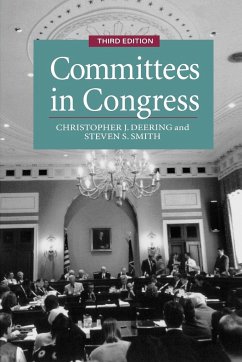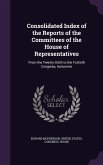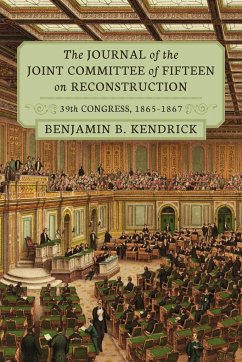Providing a comprehensive examination of the origins, development, and status of committees and committee systems in both the House and Senate, this edition carries on the book's tradition of comprehensive coverage, empirical richness, and theoretical relevance in its discussion of these essential and distinguishing features of our national legislature. While the second edition focused on the &BAD:quot;post-reform&BAD:quot; committee systems, addressed the shifts in the internal distribution of power, and hinted at the forces that had already begun to undermine the power of committees, this edition updates that analysis and looks at the reforms that evolvied under the Republicans. It offers complete coverage of the rules and structural changes to the House and Senate committee systems. It extends its discussion of committee power and influence in the context of the &BAD:quot;Contract with America,&BAD:quot; Republican reforms, and the inter-party warfare on Capitol Hill.








